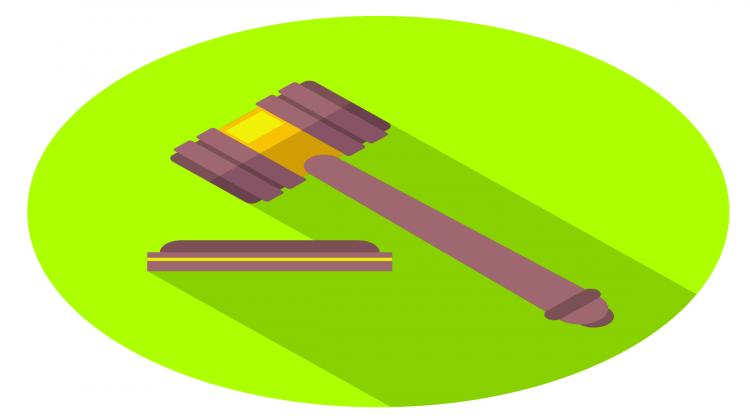Consumer Groups Appeal FCC's Business Data Services Order to 8th Circuit Court
October 13, 2017 | by Andrew Regitsky

On October 4, 2017, to the surprise of almost no one, Public Knowledge, the Consumer Federation of America, and the New Networks Institute appealed the recent FCC's Business Data Services (BDS) Order to the 8th Circuit Court. The consumer advocate organizations argue that the FCC's competitive market test used to deregulate ILEC DS1 and DS3 special access services is "ludicrous." Specifically, they claim it is inconsistent with competition law, unsupported by the record and will lead to higher prices in the BDS market, which will be ultimately borne by consumers. We believe these criticisms hit the mark.
The BDS Order became effective on August 1, 2017 after the 8th Circuit rejected requests to have it stayed by ILEC special access customers. The Order is extremely significant because it largely deregulated the multimillion dollar special access market based on a competitive market test in which the presence of only one actual competitor was enough to classify a market as competitive.
According to the FCC, a market (a U.S. county) is competitive if 50 percent of the locations with demand for business data services in that county are within a half mile of a location served by a competitive provider or 75 percent of the census blocks in that county have a cable provider present. Every three years the Commission will perform a new test to assure that each county is appropriately designated as competitive or non-competitive.
This means in counties deemed competitive by the market test and in grandfathered markets that obtained Phase II special access pricing flexibility prior to June 2017, large ILECs such as AT&T, and CenturyLink, were granted almost complete regulatory relief for their DS1 and DS3 transport and end user channel terminations, including:
- Elimination of the special access rate structure requirements
- Elimination of price cap regulation
- Elimination of tariffing requirements
Even in non-competitive markets ILEC DS1 and DS3 end user channel terminations are permitted Phase I pricing flexibility freedoms, including:
- Volume and term discounts
- Contract tariffs (but must be made available to similarly situated customers)
- Tariffs changes on a single day’s notice.
Mark Cooper, Senior Fellow at Consumer Federation of America explained why the consumer advocates are seeking to have the BDS Order rejected and remanded back to the FCC:
The FCC’s theory of ‘sufficient competition’ [in the BDS Order]is not only contradicted by the reality of the BDS market as documented in a massive empirical hearing record and illegal as a matter of substance and process, but also totally lacking in support in the academic and antitrust practice literature.
The BDS market, with a twenty-year history in which potential competition has failed to prevent pricing abuse or grow into actual competition, is a perfect example of why academics, antitrust authorities and regulators have rejected past efforts to claim that two is enough, or that ‘contestability’ can control market power.
Three decades of intensive study of potential competition and duopolies shows that they do not create sufficient competitive pressures to discipline the abuse of market power. Under the FCC’s theory, the tens of billions of dollars of excess profits collected from consumers will go on unabated, and the door would be thrown open for a massive and unprecedented merger wave. (Public Knowledge October 5, 2017 Press Release).
While we don't agree with everything Cooper said, there is little doubt that the competitive market test was designed to result in as much deregulation of the ILEC special access market as possible. As such there is a very real possibility that it will be rejected by the Court. The BDS Order is a perfect example of an FCC that over the last few years has allowed ideology to triumph over policy. We continue to believe that FCC Commissioner Clyburn had it exactly right in her dissent of the BDS Order.
But in the rush to deregulate, the leadership, providing as much notice as a run-away train, opts to adopt a framework that relies on faulty data and lackadaisical market analysis to come up with an ineffectual competitive market test, calibrated to deregulate as broadly as possible. The order upends decades of competition analysis, by defining a particular market as competitive when there is only one provider in a market and the mere possibility of a second entrant. Unfortunately, this is not a “typo.” The mere presence of a second nearby potential business data service provider that is located a half a mile away is deemed a competitor whether they plan to serve an area or not.
We anticipate a Court decision on the BDS Order will occur in 2018.

